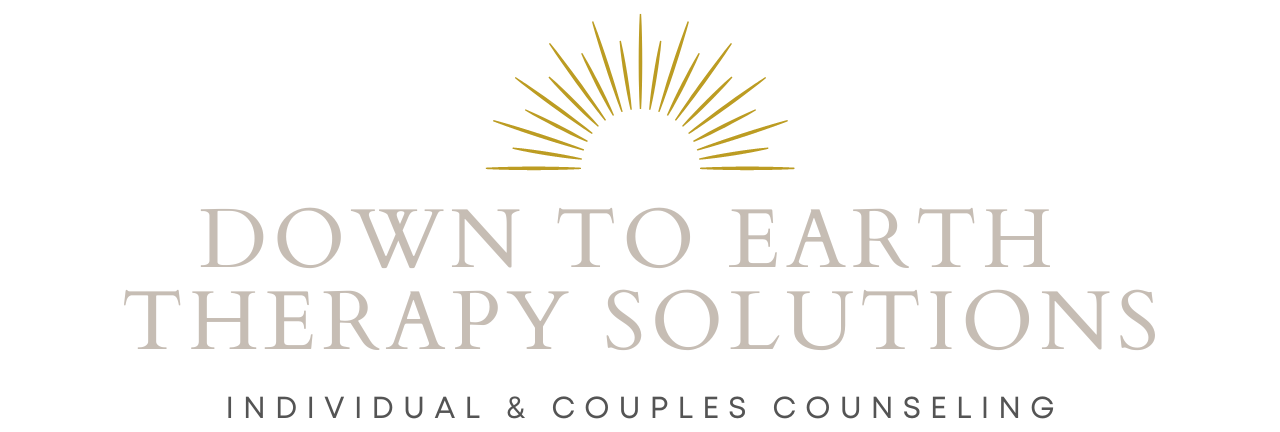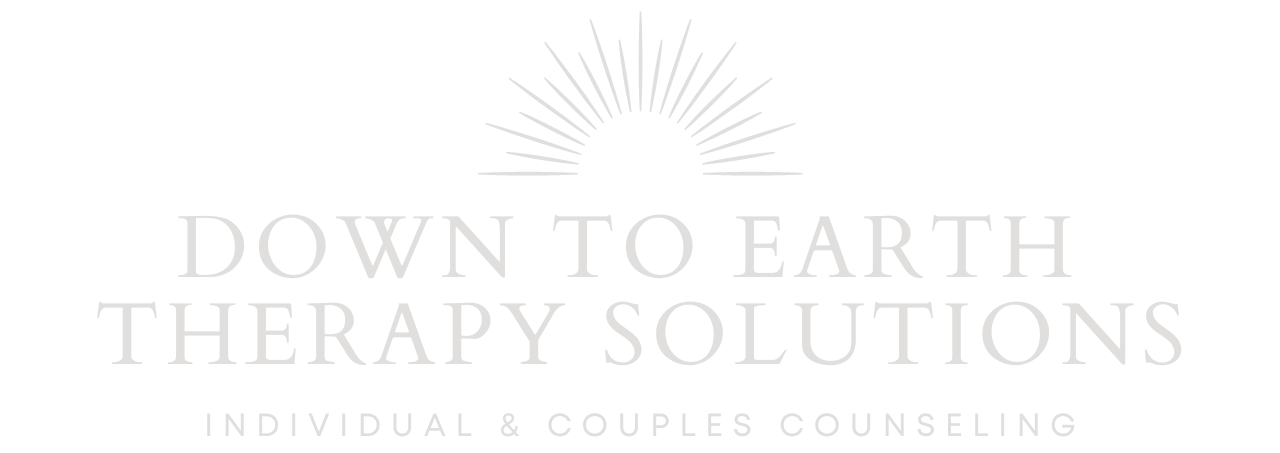Anxiety is a feeling that everyone has experienced at some point of time in their life. In recent years symptoms of anxiety at clinical levels have been reported not only with more intensity but also more frequency, particularly in younger generations. Whether it’s the weight of social media, the pressures of academic achievement, the uncertainty of the future, financial instability, or more information about symptomology the sources of anxiety have evolved. Lucky for us, so has our understanding of what anxiety is, how to become aware of it, and how to manage it differently.
In this post, we’ll explore the growing anxiety epidemic among younger generations, why it’s becoming more prevalent, and offer some helpful tips on recognizing and managing anxiety in these uncertain times.
Why Is Anxiety on the Rise Among New Generations?
Anxiety isn’t a new and exciting diagnosis, but the landscape in which it flourishes has shifted dramatically in recent decades. This is not unlike other physical, emotional, or mental health-based diagnoses that we get more information about. Even though we have more information about symptoms associated with anxiety, these symptoms tend to evolve with the social times. Several factors contribute to the increasing prevalence of anxiety in newer generations:
- The Digital Age
Social media can be seen as both a blessing and a curse. While it connects us to many things and people, we never would have access to otherwise, it also creates comparisons, unrealistic expectations, and an incessant need for assurance from others. The constant barrage of curated content can make young people feel like they’re falling behind in every aspect of life. It’s not considered that a social media post is a snapshot that has likely been taken and retaken and edited until near perfect to get an audience. This sense of inadequacy is ground zero for anxiety, particularly in adolescence. - Academic and Career Pressure
In an increasingly competitive world, academic success is often seen as the ultimate measure of self-worth. It becomes their identity to excel in school to work towards college. Students face intense pressure to be the top 1% of academics, leading to burnout, stress, and an overwhelming fear of failure. Combine this with the uncertain job market and the anxiety of an unpredictable future, and it’s no wonder young people are feeling anxious. - Global Uncertainty
Climate change, political instability, and economic turmoil are just a few examples of the global challenges that weigh heavily on younger generations. Growing up in an era of constant upheaval can create a sense of helplessness, which fuels anxiety about the future. - Social Isolation
Despite being more connected than ever before via digital platforms, many young people report feeling lonelier than previous generations. The paradox of being “always connected” but still feeling isolated can exacerbate feelings of anxiety. When the norm is to be connected by social media it’s hard to find people to meet with and connect to in real world situations and times. Social media brings people together in theory but in reality it places relationships at arm’s length. - Mental Health Stigma Reduction
The stigma around mental health has significantly decreased, which is a positive thing overall. However, as conversations about mental health have become more normalized, people are more aware of their struggles and, in turn, more likely to recognize symptoms of anxiety and not know what to do with them.
Recognizing Anxiety: What to Look For
Anxiety can manifest in various ways, both mentally and physically. It’s important to recognize the signs so you can address them before they worsen. Please remember that there is not a one size fits all approach and signs and symptoms of anxiety are very different and unique to each person. Here as just a general list of some common symptoms of anxiety:
- Physical Symptoms:
- Rapid heartbeat or palpitations
- Sweating or trembling
- Shortness of breath
- Headaches or dizziness
- Muscle tension or stomach discomfort
- Emotional and Mental Symptoms:
- Constant worry or a sense of impending doom
- Difficulty concentrating or focusing/brain fog
- Irritability or restlessness
- Feeling overwhelmed by day-to-day tasks
- Excessive self-criticism or negative self-talk
- Behavioral Symptoms:
- Avoidance of situations or places that trigger anxiety
- Trouble sleeping or staying asleep
- Procrastination or difficulty starting tasks
- A desire to escape or withdraw from social interactions
Practical Tips for Managing Anxiety
While it may feel overwhelming and impossible at times, anxiety is manageable. Please note that you cannot “cure” anxiety. What you can do is manage symptoms of anxiety and work towards having less intense anxious moments, less frequently. Here are some practical strategies that can help reduce its grip:
- Practice Mindfulness and Meditation
Mindfulness involves being present in the moment without judgment. Be where your feet are. It’s a powerful tool for managing anxiety, as it helps break the cycle of overthinking and rumination. Meditation can also teach your body how to relax, reducing physical symptoms like tension and rapid breathing. It takes time and efforts to be able to practice mindfulness over time. Here’s a tip to start a mindfulness journey:
Tip: Start with just 2–5 minutes a day of guided meditation using apps like Headspace or Calm. Something small with consistency can bring on big change.
- Exercise Regularly
Physical activity releases endorphins, the body’s natural mood boosters. Exercise is one of the most effective ways to reduce stress and anxiety. It can also improve your sleep and increase overall well-being.
Tip: Aim for at least 30 minutes of moderate exercise, such as walking, cycling, or yoga, most days of the week. Something is better than nothing and creating routine within being able to manage helps your brain anticipate scheduled and routine actions.
- Limit Social Media Use
As mentioned, social media can exacerbate feelings of inadequacy and anxiety. By taking breaks or setting boundaries for screen time, you can reduce the pressure to compare yourself to others.
Tip: Consider setting daily or weekly limits on your social media use or try using apps that help you track and limit screen time. Replace screen time with micro learning. Reading a few pages of a book or article helps structure time rather than endless scrolling.
- Focus on What You Can Control
In times of uncertainty, it’s easy to feel overwhelmed by the things you can’t control. Instead of focusing on the bigger picture, take small, actionable steps to address what you can control in your life.
Tip: Break larger tasks into smaller, manageable chunks. Celebrate small wins to build momentum. Break down what is something that can be controlled. You can control your actions and work towards making change. You can’t control others actions and their behaviors.
- Reach Out for Support
Never underestimate the power of social support. Talking to a friend, family member, or mental health professional can provide relief and offer a fresh perspective. Creating a sounding board of individuals to help you manage situations that are not typical or even asking for help creates community rather than believing you need to manage things all on your own. It’s important to remember that you don’t have to navigate anxiety alone.
Tip: If you’re struggling, consider seeking professional help, such as cognitive behavioral therapy (CBT), which has proven effective in managing anxiety. Look for a professional you will open with being honest about areas you want to work on changing.
- Establish Healthy Routines
A consistent daily routine can help you feel grounded and less anxious. Try to maintain regular sleeping, eating, and exercise schedules to support your physical and mental health. This consistency creates structure and expected events. These expected events help balance when things happen beyond our control.
Tip: Set a bedtime routine that helps you unwind, such as reading, journaling, or listening to calming music before sleep. Less screen time at night the better.
- Practice Self-Compassion
Anxiety often brings about self-criticism. Being kind to yourself—acknowledging that anxiety is a common experience—can help reduce its intensity. Practicing self-compassion can make you feel more resilient in the face of challenges.
Tip: Replace negative self-talk with more positive affirmations. Practice saying, “It’s okay to feel this way,” or “I’m doing the best I can.” Repetition of balanced or positive self-talk replaces thoughts that continue to keep you down or feeling out of control.
The rise in anxiety among new generations is a reflection of a rapidly changing world with new pressures and uncertainties. You are not alone in what you are feeling and experiencing. Acknowledging the sources of anxiety and implementing healthy strategies to manage it, you can reclaim a sense of control and calm over time with consistency.
Remember that managing anxiety is a journey. It takes time, self-compassion, and consistent effort. With the right tools and support, we can all learn to live more fully in the face of anxiety and build resilience in our changing world. Practice not perfection is the key.




